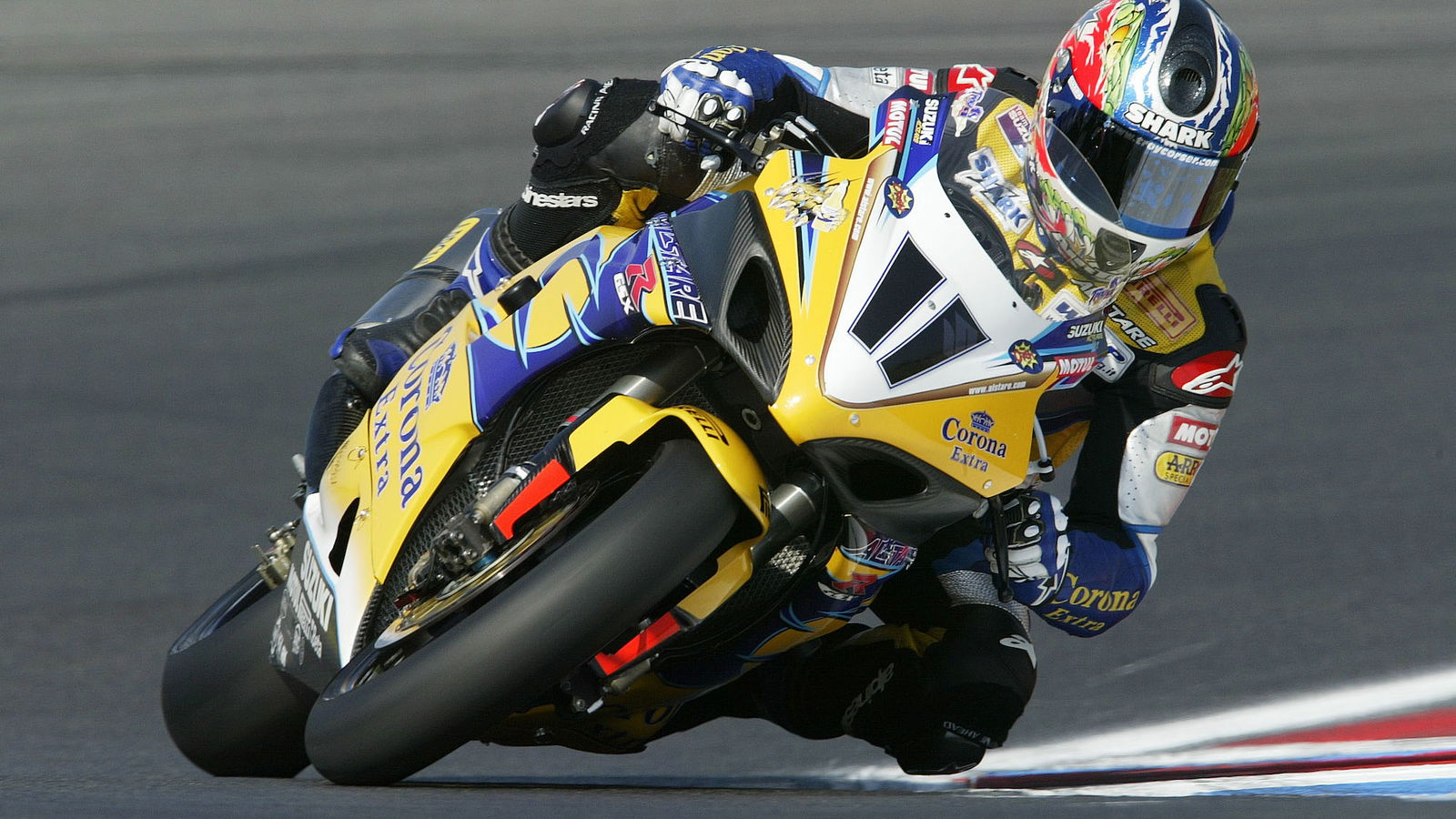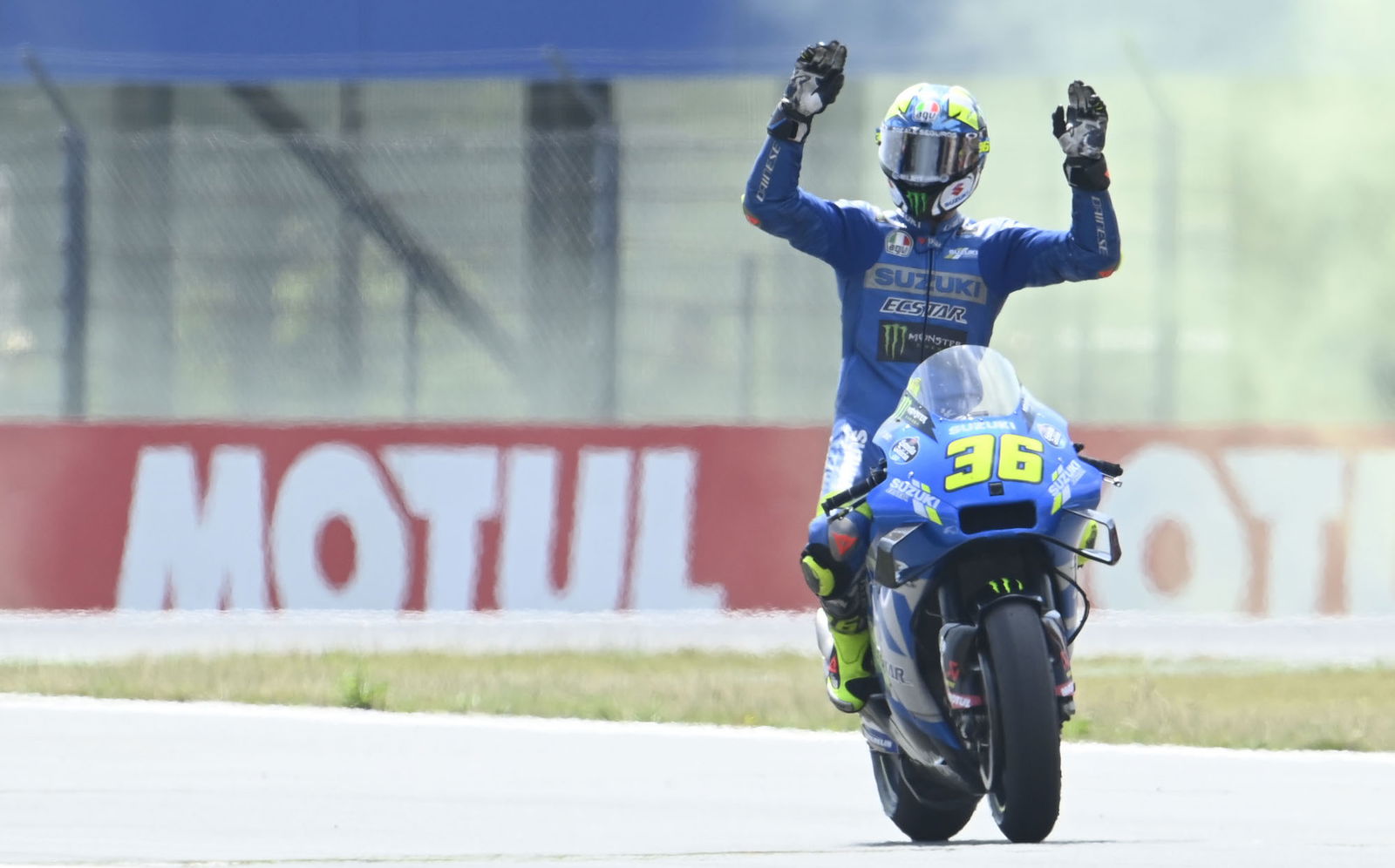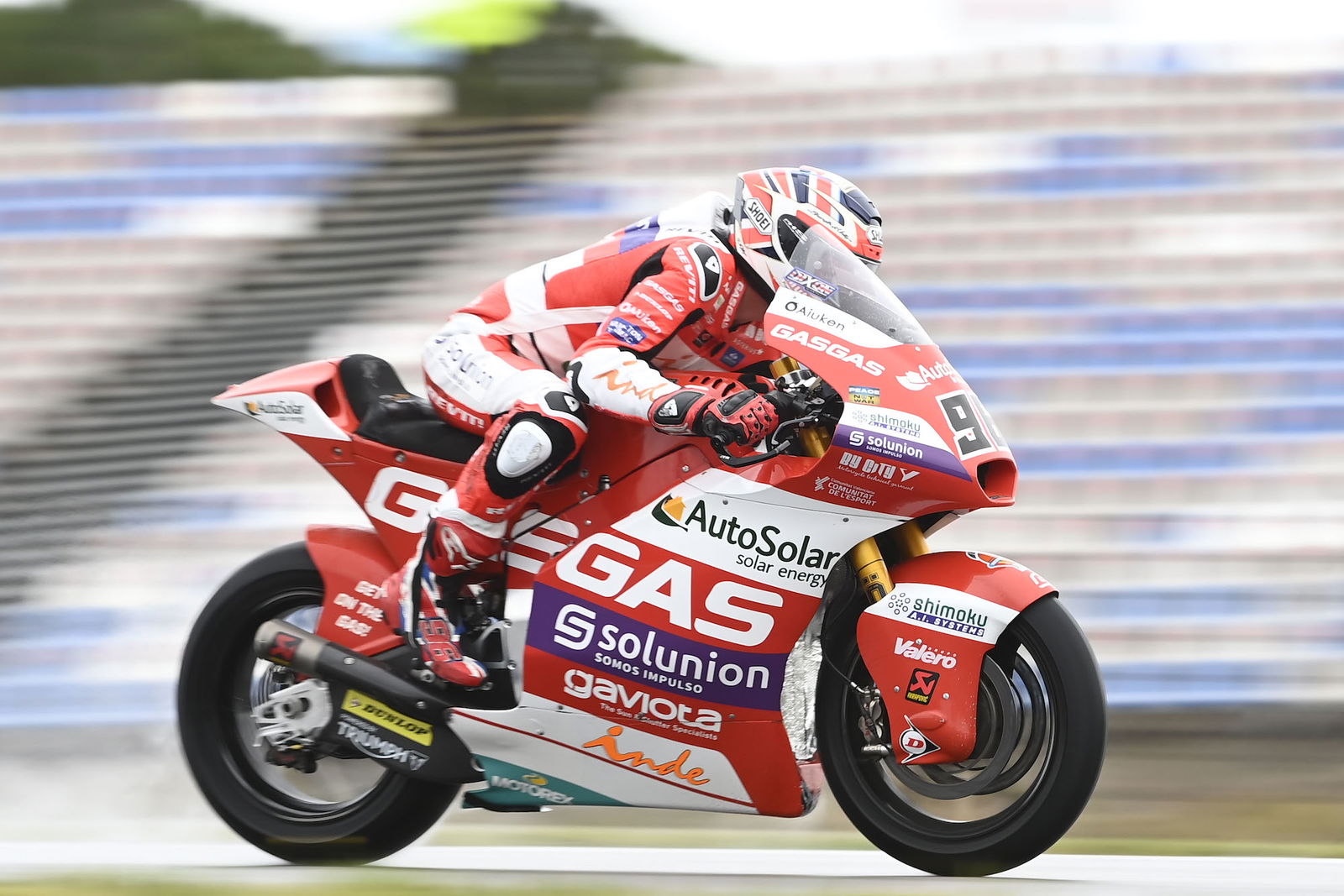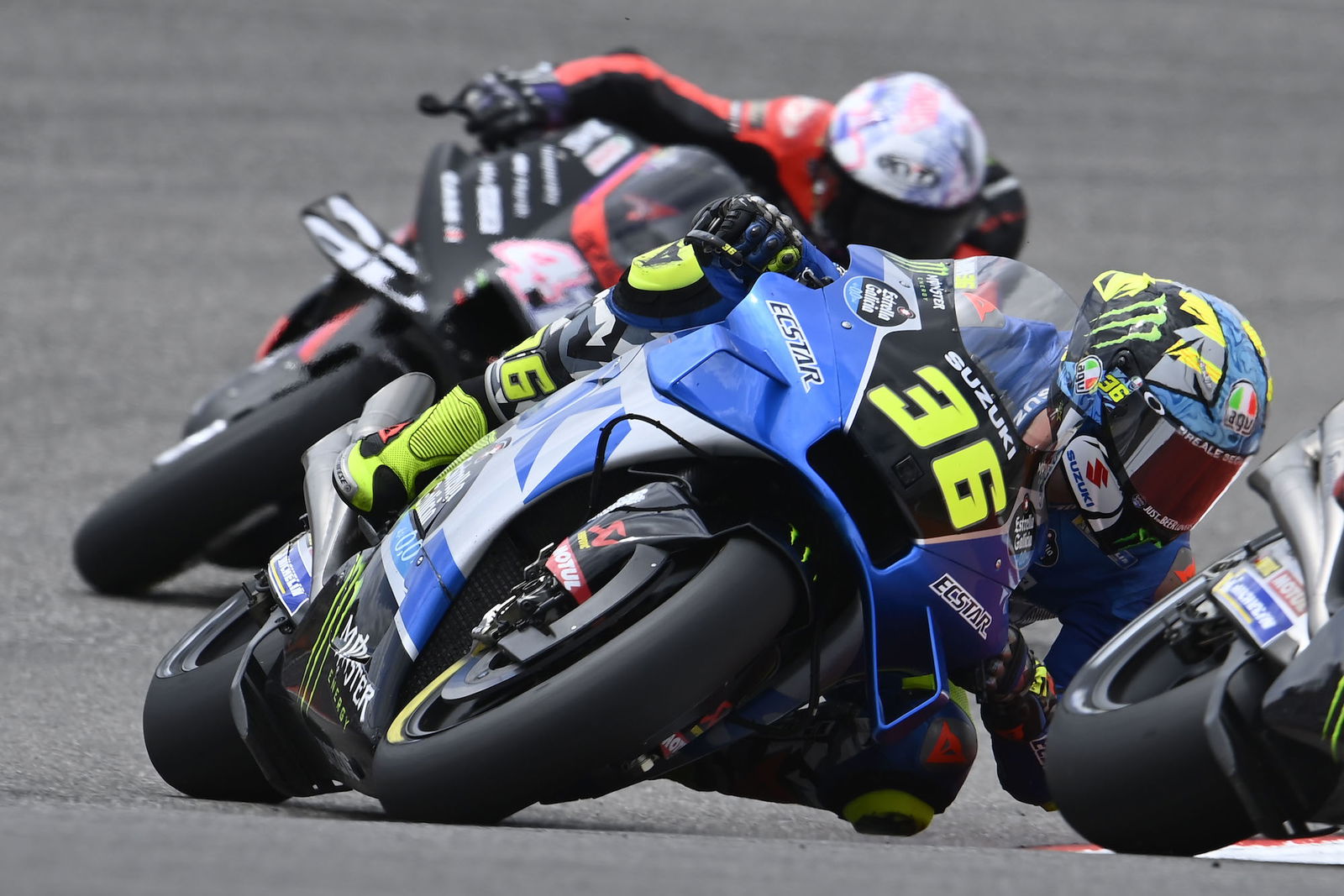Could Suzuki ‘do a Kawasaki’ and swap MotoGP for a renewed WorldSBK bid?
The revelation that Suzuki is expected to confirm its exit from the MotoGP World Championship has raised speculation it could direct its resources towards a return to the WorldSBK Championship.
Though the Hamamatsu marque has remained tight-lipped about the impending withdrawal in the public sphere, multiple sources have confirmed that team members - including Joan Mir and Alex Rins - were informed after Monday’s Jerez test.

The revelation that Suzuki is expected to confirm its exit from the MotoGP World Championship has raised speculation it could direct its resources towards a return to the WorldSBK Championship.
Though the Hamamatsu marque has remained tight-lipped about the impending withdrawal in the public sphere, multiple sources have confirmed that team members - including Joan Mir and Alex Rins - were informed after Monday’s Jerez test.
With Suzuki maintaining radio silence for the time being, the reasons as to why it would quit the series just two years after landing its first MotoGP World Championship in two decades remain somewhat baffling.
Indeed, not only had Suzuki recently committed to MotoGP until the end of 2026 - and now faces a heavy penalty for reneging on that deal - it was known to be deep into negotiations to retain Joan Mir and Alex Rins, while Livio Suppo had only just come on board as team manager.

Why is Suzuki leaving MotoGP?
The abruptness of the announcement would suggest Suzuki is reorganising its finances and MotoGP is seen as a frivolous expense, especially if it didn’t witness a notable uplift in the wake of its title.
Moreover, with Suzuki somewhat behind the curve on model development - in particular green technologies - MotoGP might be at odds with its future plans.
Then again, Suzuki has a heritage rooted deep in racing and canning its MotoGP project would see it without a major international presence on track for the first time in decades.
As such, there are murmurings that Suzuki might delegate resources towards a renewed WorldSBK effort. The Japanese firm enjoyed a presence in the series from its inauguration in 1988 and went on to win the 2005 title with Troy Corser, but slipped off the grid after 2013 when it stopped supporting Crescent Racing.
Having never raced the current generation GSX-R1000R sportsbike internationally, rumours have circulated for some time that the upcoming new ‘Gixxer’ could be developed specifically with racing in mind, fronted by a renewed WorldSBK effort.
However, Suzuki’s relatively small size compared with Honda or Yamaha would have made a dual MotoGP-WorldSBK bid a stretch in terms of resources. As such, it is possible Suzuki might realign its esteemed team of engineers and management to focus on a fresh factory WorldSBK effort.
It’s a tactic that has served fellow Japanese company Kawasaki remarkably well. The firm raced in both MotoGP and WorldSBK towards the end of the 2000s, but after struggling to get the best from both, decided to scrap its MotoGP effort in favour of focusing solely on WorldSBK, opining it would be less of a drain financially and more relevant from a marketing perspective.
Such a move might also go some way to appeasing Dorna, the commercial rights holders for both WorldSBK and MotoGP. Suzuki faces a huge fine and penalties - including potentially a ban from re-entering MotoGP in future - by going through with its withdrawal, a position Dorna was quick to outline with a firm-worded and swiftly distributed statement issued on Tuesday.
Kawasaki received a similar treatment when it exited abruptly ahead of the 2009 season, though at the time it didn’t have control of WorldSBK. Depending on whether Dorna still considers WorldSBK a ‘threat’ to MotoGP - despite running both - will determine whether it could be used as a bargaining chip or even prevent Suzuki from doing either.
Strengthening the argument for focusing on WorldSBK is the current machine’s enduring success at a domestic level, with the GSX-R1000R still competitive in BSB and MotoAmerica, despite it being comfortably the oldest model on their respective grids.
However, with the motorcycle market bracing for a major shift in tone as fossil fuels are phased out and electric charges in, is Suzuki simply the first to decide motorsport doesn’t align with its future brand values…?

